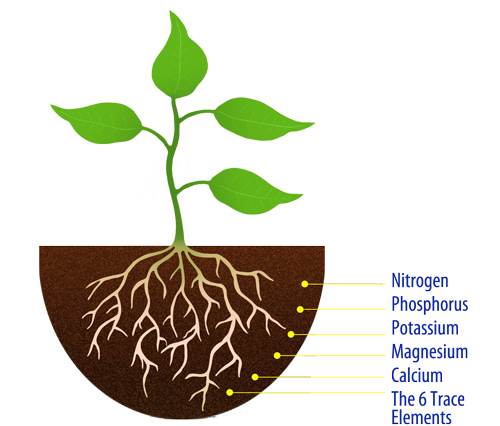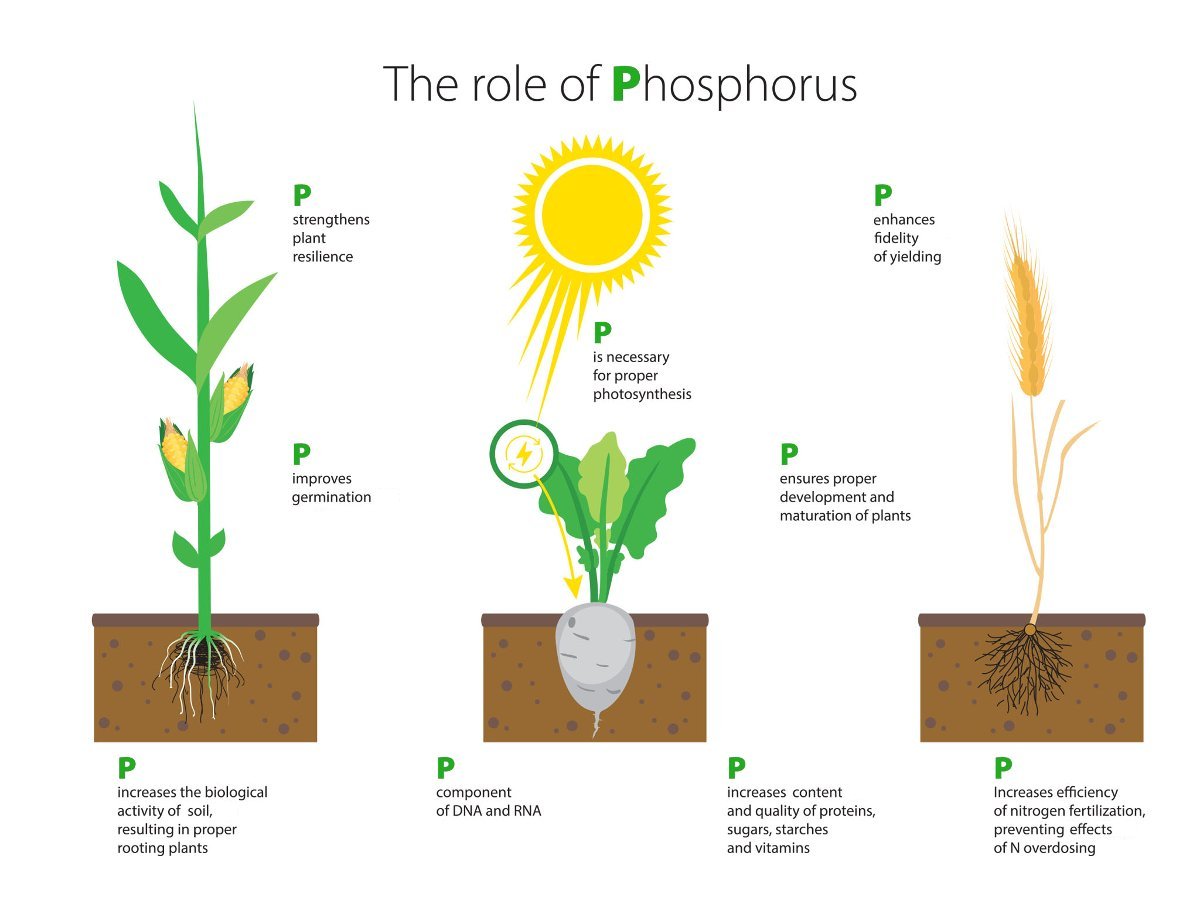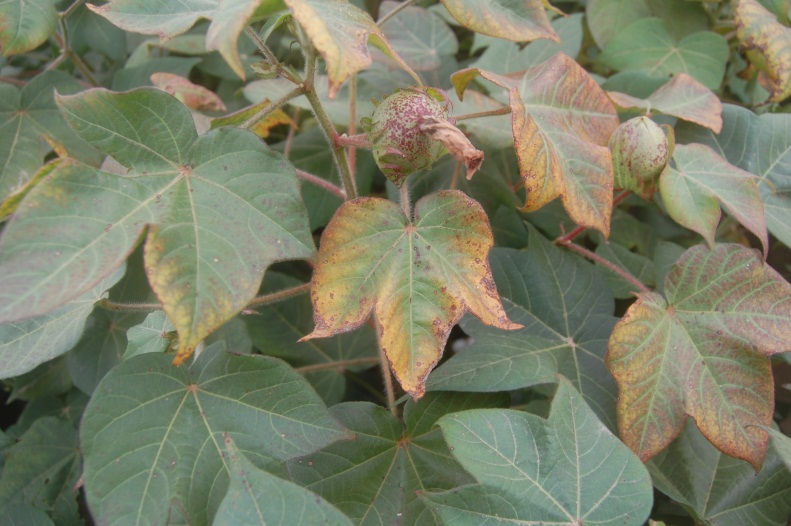Potassium (K) essentially plays a major role in plant physiological processes. Therefore, it is required in large amounts for proper growth and reproduction in plants. It is considered vital after nitrogen as far as nutrients needed by plants is concerned. It is also termed “the quality nutrient” for its contributing factor in a number of biological and chemical processes in plants. Potassium has many different roles in plants:
- In Photosynthesis, potassium regulates the opening and closing of stomata, and therefore regulates CO2 uptake.
- Potassium triggers activation of enzymes and is essential for production of Adenosine Triphosphate (ATP). ATP is an important energy source for many chemical processes taking place in plant issues.
- Potassium plays a major role in the regulation of water in plants (osmo-regulation). Both uptake of water through plant roots and its loss through the stomata are affected by potassium.
- Known to improve drought resistance.
- Protein and starch synthesis in plants require potassium as well. Potassium is essential at almost every step of the protein synthesis. In starch synthesis, the enzyme responsible for the process is activated by potassium.
- Activation of enzymes – potassium has an important role in the activation of many growth related enzymes in plants.
Like and share with other farmers by clicking on button below.
Share



